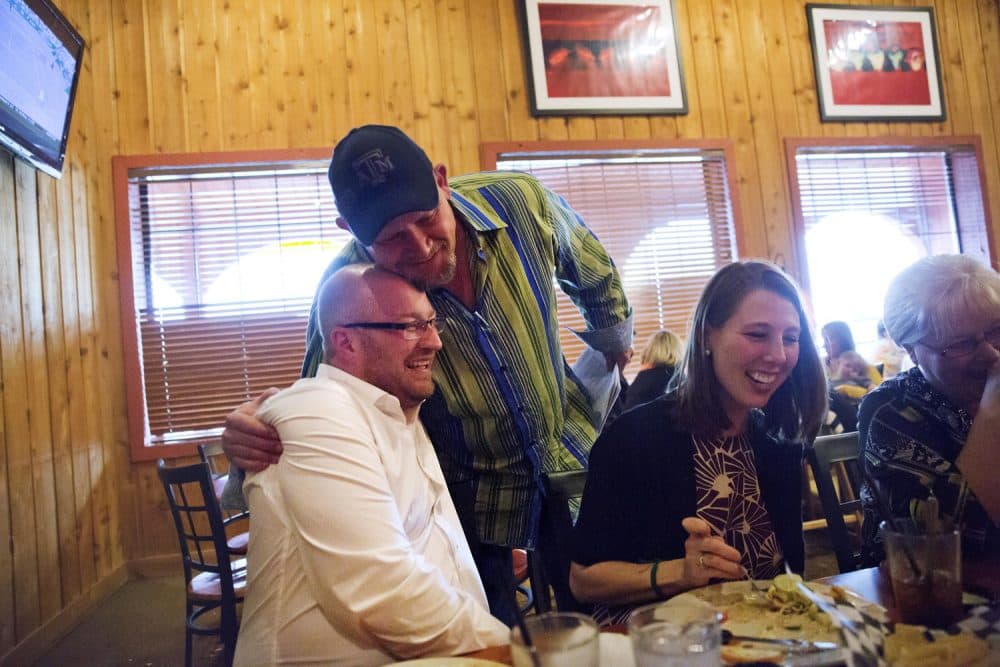Advertisement
Poverty, Religion And American Frustration
Resume
In his new memoir, “Hillbilly Elegy,” J.D. Vance writes about a culture in crisis: Poor, white Americans. It’s about his childhood spent in the coal-country of Appalachia, and his years spent in the Marines and Yale Law School. But it’s also an anguished look at working-class dysfunction. Poverty, joblessness, poor education, opioid addiction, erosion of family ties, erosion of church ties, that have led to what he describes as “hillbilly culture” to abandon, he says, the American Dream.
"I think I'm calling hillbilly the broader class of white working class folks coming from Appalachia," Vance said. "My grandma once told me, 'We're allowed to call ourselves hillbillies, but nobody else can say it, because otherwise I'll do something to 'em.'"
Vance grew up in Middletown, OH and spent time in eastern Kentucky as well. He described the culture shock of his arrival at Yale University Law School, and explained how the widespread abandonment of church by the American public has lead to an American culture of despair and mistrust.
"Church gives people a sense of community, a sense of how to behave...social support when times get tough," Vance said. "In a world where white working class folks are going to church less and less, they're losing that when they might really need it."
You can listen to our conversation with Vance above, read an excerpt of his memoir below and link to his New York Times essay here.
This segment aired on June 29, 2016.